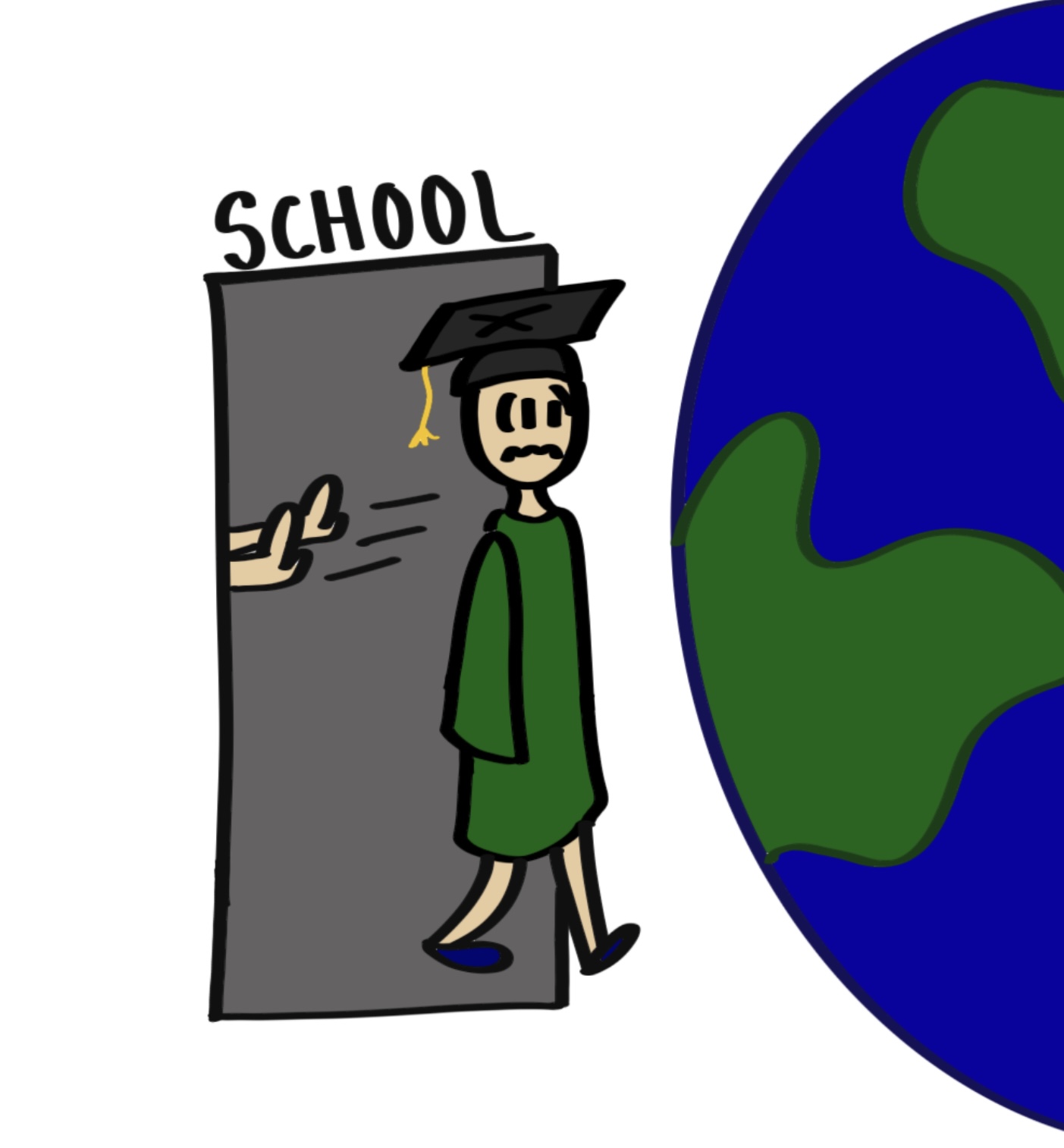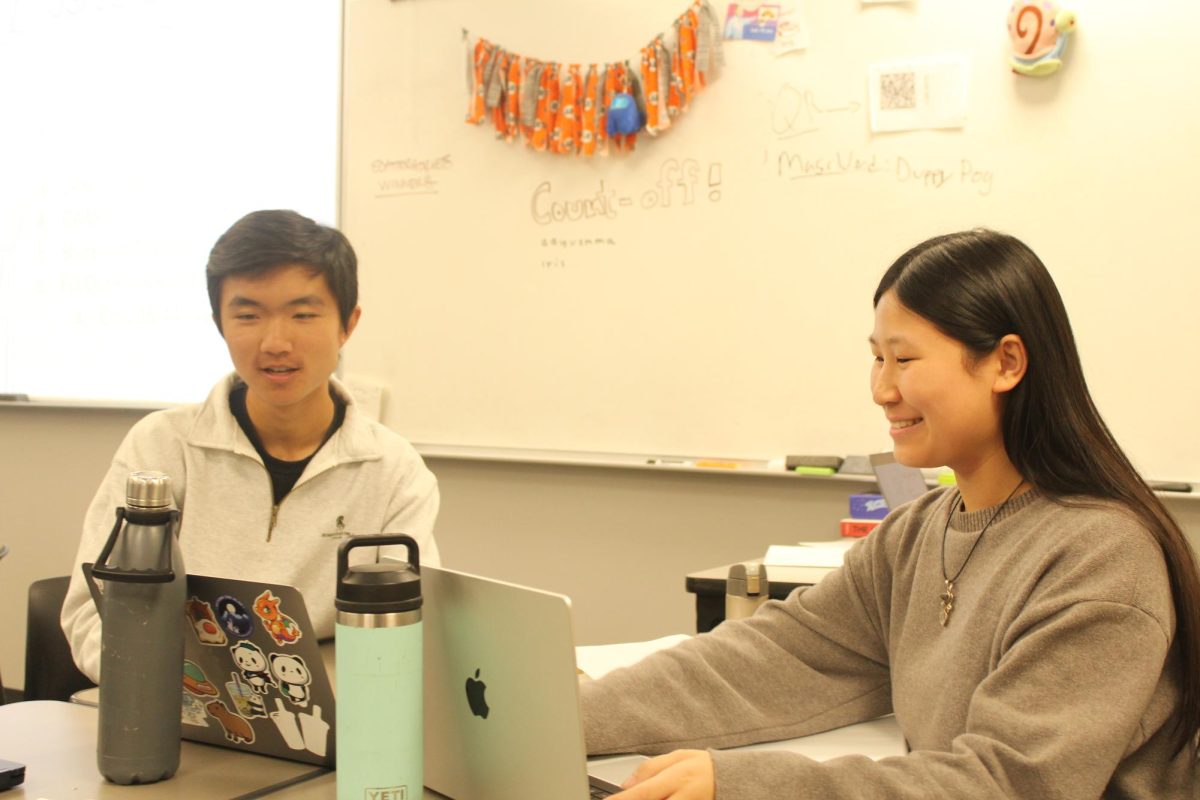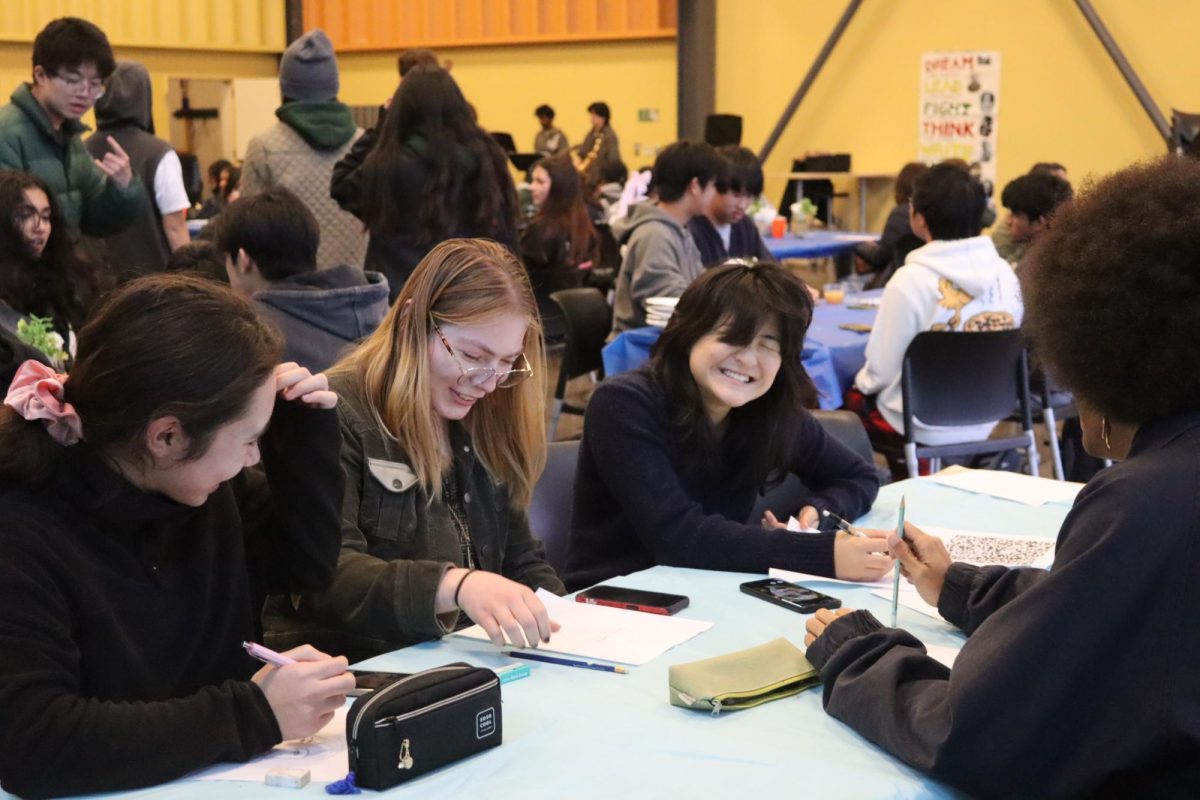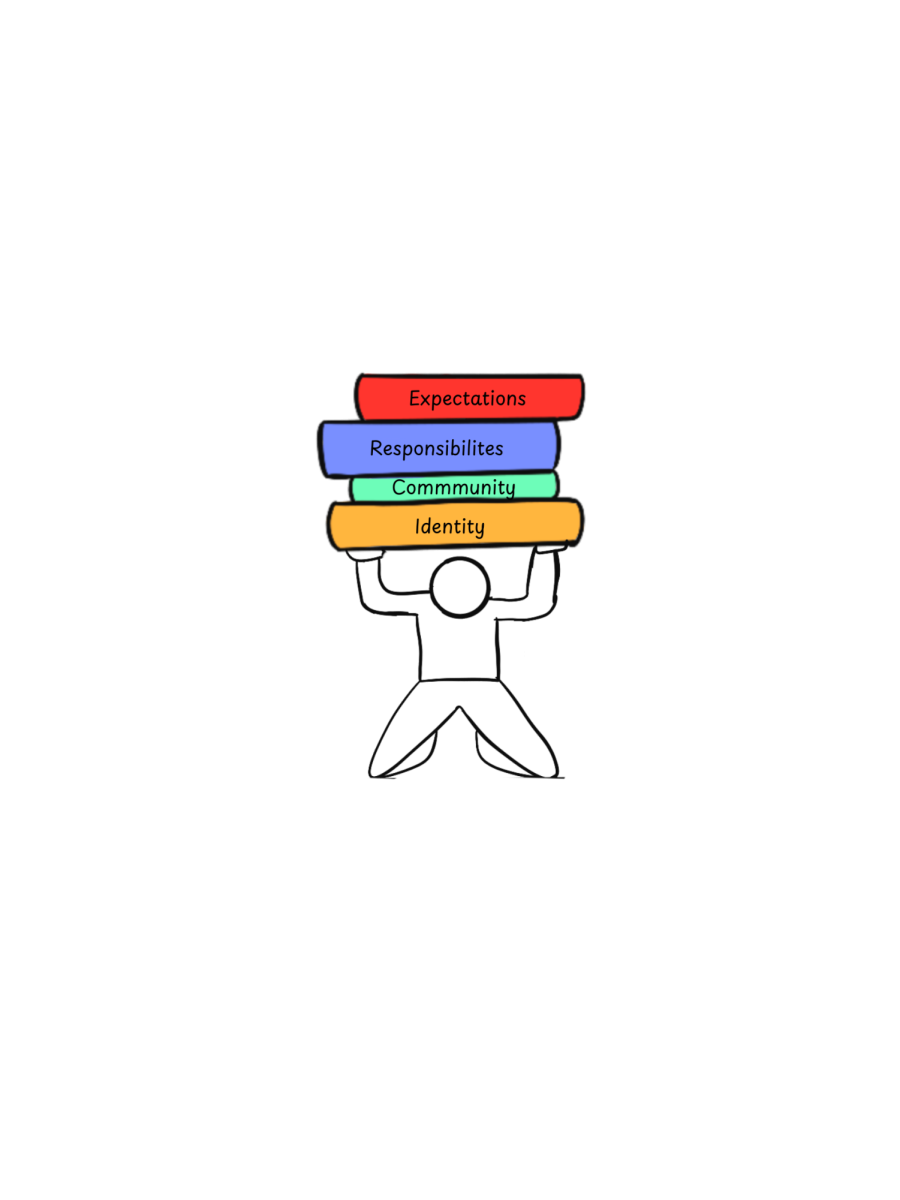As students toss their graduation caps into the air, they embark on a new journey into adulthood. Yet for many, the excitement of this freedom is overtaken by the harsh reality of their lack of preparation.

Despite years of schooling, many graduates find themselves ill-equipped to face the challenges awaiting them in the real world. This disconcerting gap between academic knowledge and practical skills has become a large concern, raising questions about the education system’s effectiveness.
A National Association of Colleges and Employers report revealed that many recent graduates lack essential skills crucial for the workplace. These include critical thinking, problem-solving, communication and teamwork, all of which are important for success in any career.
I notice there are more STEM-related classes rather than practical ones, such as a multitude of science and math classes over a few business and accounting courses. These classes are electives, making them seem less necessary to students despite them being essential
In freshman year I took Principles of Business, a class that gave me the most lessons and skills I can apply to my life. I learned how to do taxes, negotiate with people and work as a team in a real-world environment — something most of my classes as a junior have not focused on.
Specifically, navigating the world of personal finance is a challenge that most graduates face unprepared. Despite the increasing complexity of financial decisions in adulthood, schools frequently neglect to provide comprehensive education in personal finance, according to the Organization for Economic Cooperation.
Transitioning from the classroom to the workforce can be daunting without proper career guidance. Surprisingly, a Gallup survey found that only 13% of students felt adequately prepared for their careers upon graduation.
By prioritizing practical skills, emphasizing the importance of business and accounting classes in students’ futures, enhancing financial education with the help of college counselors and math teachers and exposing students to real-world challenges, we can better equip the next generation for success in the ever-evolving career landscape.















